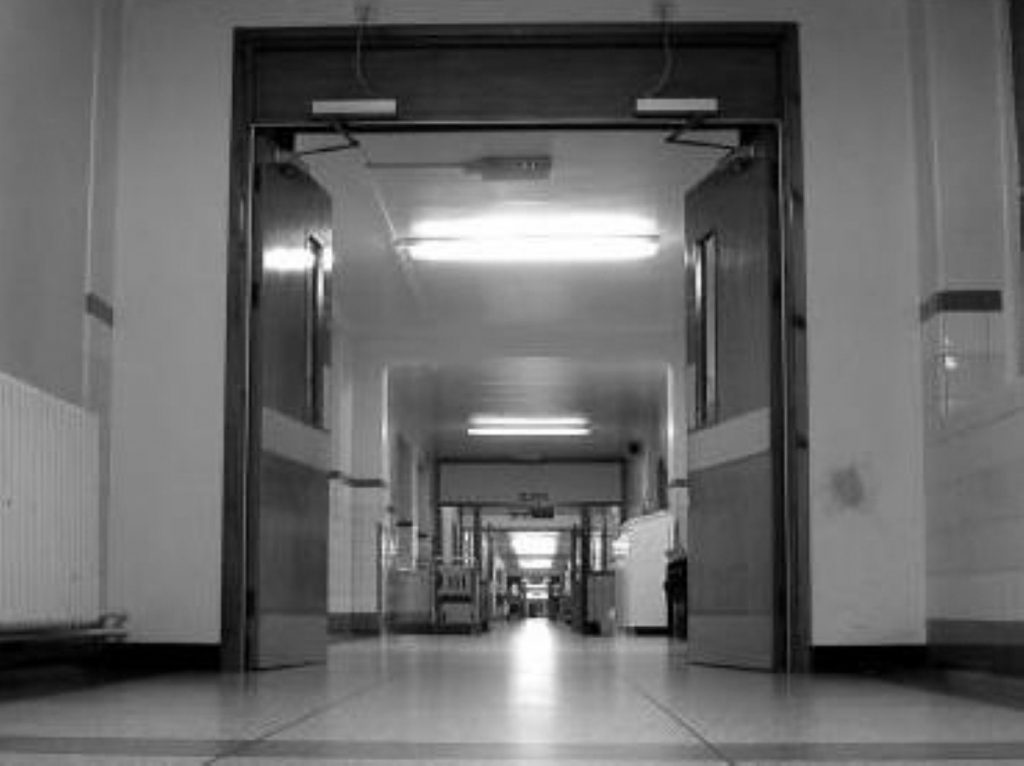Health white paper: Labour’s NHS architecture swept away
GPs have been handed sweeping powers in the coalition government’s health white paper, which confirms that primary care trusts will be abolished by 2013.
Ringfencing of the NHS has resulted in other departments facing budget cuts of 25%, but today’s white paper does not hold back in promising prosperity for the NHS.
Instead it aims to cut back spending by up to £20 billion in the next four years, cutting the NHS’ management costs by 45% over the same period.
It confirms the NHS will have fewer people working for it by 2015, a “hard truth” which it acknowledges must be recognised.
Analysis: Health white paper struggles to square the circles
“Reduction on this scale cannot be met by cutting all organisations equally; instead, it can only be realised by radically simplifying the architecture of the health and care system,” the white paper notes.
These measures include abolishing strategic health authorities and implementing a decentralisation programme to cut the power of the Department of Health.
But at the centre of this effort is the move to replace PCTs, which cost over £1 billion a year, with GP consortia. These will commission the “great majority” of NHS services for their patients and by doing so establish a market dynamic which will in turn help savings.
“GP consortia will align clinical decisions in general practice with the financial consequences of those decisions,” the white paper adds.
NHS spending will increase in real terms every year for the next five years, but the white paper acknowledges NHS organisations must achieve “unprecedented efficiency gains” to meet costs.
“Inevitably, as a result of the record debt, the NHS will employ fewer staff at the end of this parliament; although rebalanced towards clinical staffing and frontline support rather than excessive administration,” the white paper says.
“This is a hard truth which any government would have to recognise.”
Health secretary Andrew Lansley said the “bold and exciting vision” laid out in the white paper was based on principles of freedom, fairness and responsibility.
Mr Lansley is keen to emphasise the “carrot” rather than the stick as GPs are forced to form consortia. Patients are courted, too, by being given increased abilities to choose their provider, lifted restrictions on which GP they are registered with and the opening up of patient data.
“The sick must not pay for the debt crisis left by the previous administration,” he said.
“But the NHS is a priority for reform too. Investment has not been matched by reform. So we will reform the NHS to use those resources far more effectively for the benefit of patients.”
Paul Burstow, the Liberal Democrat health minister, added the white paper offered a “once-in-a-lifetime opportunity… to break down the barriers within health”.
The creation of GP consortia has implications across the NHS. All hospitals will be forced to adopt the foundation model created by Labour in 2003, while their watchdog, Monitor, will be turned into an economic regulator tasked with promoting competition, price regulation and supporting continuity of services.
“This reorganisation is the last thing the NHS needs right now,” shadow health secretary Andy Burnham told MPs in response to the statement.
“It needs stability, not upheaval. All of its energy must be focused on the financial challenge ahead.
“But the 1.34 million people who work for the NHS will not be comforted by this white paper and will be alarmed their system of national pay bargaining is being torn up.”





-01.png)